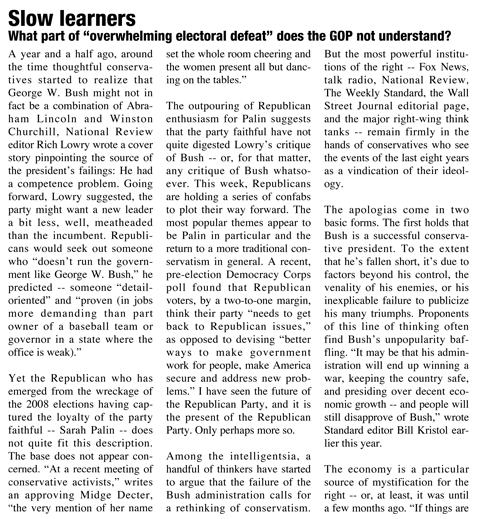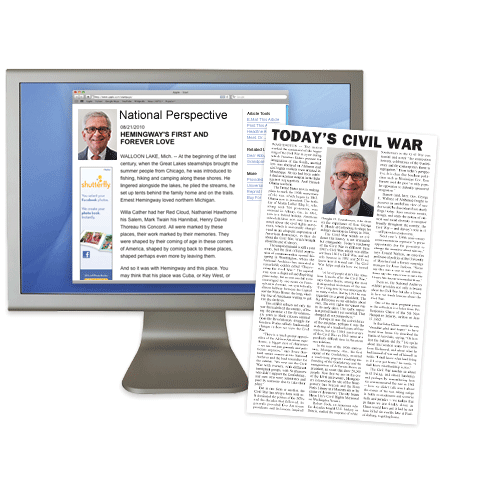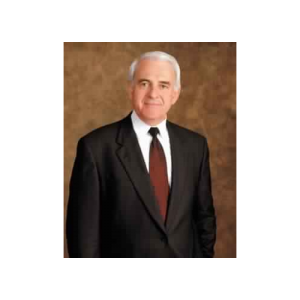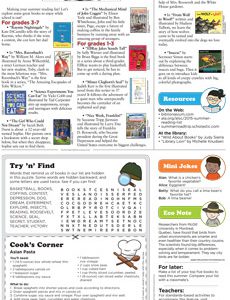National Perspective
Available for print / Web / mobile
David Shribman’s weekly National Perspective column takes a decidedly apolitical view of American politics. Mixing historical analysis with his keen journalistic insight, Shribman makes sense of the chaotic world of Washington, D.C. Covering everything from health care to presidential history, Shribman’s National Perspective is a must-read for anyone who wants an unvarnished take on the state of the U.S. government.
Description
History’s Crises Lend Us Guidance and Perspective
It turns out that the Greatest Generation left us the greatest example of how to proceed in the greatest health threat of our time.
The Greatest Generation is the one that conquered the Great Depression and then won the Second World War. It created the strongest consumer culture that ever existed. It set the United States on its path to world power and unprecedented prosperity. It did so with ingenuity and intelligence, to be sure, but it also did it with courage, grit, sacrifice and hope.
Now, 362 World War II veterans die every day, a toll far greater than that extracted by the coronavirus. About 2% of them remain alive, many of them ill or frail. They and their home-front fellow combatants — who built history’s most formidable industrial offensive and then shared in the very good years that followed — left us a great legacy.
Now it is time to follow their example and to redeem their hopes about America.
“This is a biological war on a global basis requiring the same unified esprit as a shooting war,” Tom Brokaw, the veteran NBC newscaster, whose 1998 book “The Greatest Generation” put that label on the wartime generation, told me the other day. “It is time to set aside cheap partisan divisions and develop an approach that rewards real accomplishment, [with] the president and the speaker, side by side, empowering the experts to go bold NOW, without worrying who gets the credit.”
In this war, the home front is the front line.
This war may have begun with an insidious germ invasion from abroad, but it will be won or lost at home. The phrase “social distancing” is the Victory Garden of today. America’s 1941-1945 war was won by men and women going to the battlefield or to the factory floor. America’s current war will be won by men, women and children staying home — staying out of the daily fray while experts, researchers, medical professionals and others toil selflessly.
This is a different country than the United States of 1941, when there were only 133 million Americans, when Joe DiMaggio hit in 56 consecutive games, Ted Williams batted .406 and “Dumbo” played in the nation’s movie palaces. Today there are 327 million of us, we generally are wealthier, we communicate in ways inconceivable more than three-quarters of a century ago — and we are far less familiar with, and congenial to, sacrifice.
But we know what to do, if only we measure ourselves to our parents, grandparents and great-grandparents. They conserved fuel by driving more slowly. They used ration coupons to buy food, clothing and gasoline. They limited their consumption of meat, sugar, fat and butter.
When new ration books were introduced in October 1943, an announcer on Boston’s WHDH radio station made this comment:
“Today thousands of Massachusetts citizens stand ready to accept any inconvenience or make any sacrifice that will help to bring victory one hour sooner or save one more American life.”
This time we cannot take succor in major-league baseball. Shortly after the war began, President Franklin Delano Roosevelt told commissioner Kenesaw Mountain Landis to assure that baseball continue its summer domination of the country’s sports attention; he believed baseball essential to the country’s morale. That can’t happen this time. Ballparks would be breeding grounds for communal transmission — another phrase that has become an instant part of our national lexicon — and the players themselves would be endangered.
But while radio provided a formidable distraction from the woes of the world — and here Duke Ellington, Count Basie, Cab Calloway, Glenn Miller, Louis Armstrong and others performed a patriotic duty — today Netflix and various online amusements can ease the burden of staying at home.
This period will impose enormous social change. We simply do not know what it will be.
World War II encouraged the mass migration of blacks to industrial centers, mostly in the North. There won’t be migration this time, but powerful social changes will be unleashed. Perhaps some will rival the impact of “Rosie the Riveter,” the movement of women into wartime industrial plants, one of the principal forces in the transformation of the role of women in our society.
“We’ve been through many crises before,” Robert Dallek, a leading historian and author of books about FDR and his wartime years, said in an interview. “We pulled the nation together in the Great Depression and in World War II, and then we stood together in the Cuban Missile Crisis. Even the Civil War, which drove us apart, put pressure on the Union to come together. It’s never 100%; FDR faced dissent. But generally there is enormous coordination and support. Right now it will have to do with the fact that the country is so well off and there is such a relatively large middle class that people fear losing their comfort.”
But it is more than the travails of the mid-20th century that can be our guideposts.
Three and a half centuries ago, London suffered through the Great Plague of 1665-66. The famous diarist Samuel Pepys walked the streets of the English capital and saw that the once-teeming byways were “mighty thin of people.” As time passed, he reported that only “poor wretches” were circulating.
There was almost nothing good about the plague, which might have claimed more than a fifth of the population of London — a toll no one even wants to contemplate today. Even at this distance of time, it is difficult if not indecent to find a bright spot in that epidemic, but consider this passage from Stephen Porter’s 2000 account titled “The Great Plague”:
“Individuals found that the plague had created opportunities or perhaps a breathing-space, even though it had disrupted their lives. Indeed, some of those displaced by the epidemic were able to put their enforced break from their normal routines to good use.”
We can take lessons from the Greatest Generation and even from the Great Plague and make some use of our Great Disruption. It will enhance the nation’s health and safety and may enhance our lives when this is over. But in the meantime, these words of Abraham Lincoln from his second inaugural address — perhaps the greatest speech ever delivered on this continent — would do us well:
“Fondly do we hope — fervently do we pray — that this mighty scourge … may speedily pass away.” (David M. Shribman is the former executive editor of the Pittsburgh Post-Gazette. Follow him on Twitter at ShribmanPG.)
EDITORS: For editorial questions, please contact Lisa Tarry, ltarry@amuniversal.com.
COPYRIGHT 2020 DAVID SHRIBMAN
DISTRIBUTED BY ANDREWS MCMEEL SYNDICATION







Reviews
There are no reviews yet.